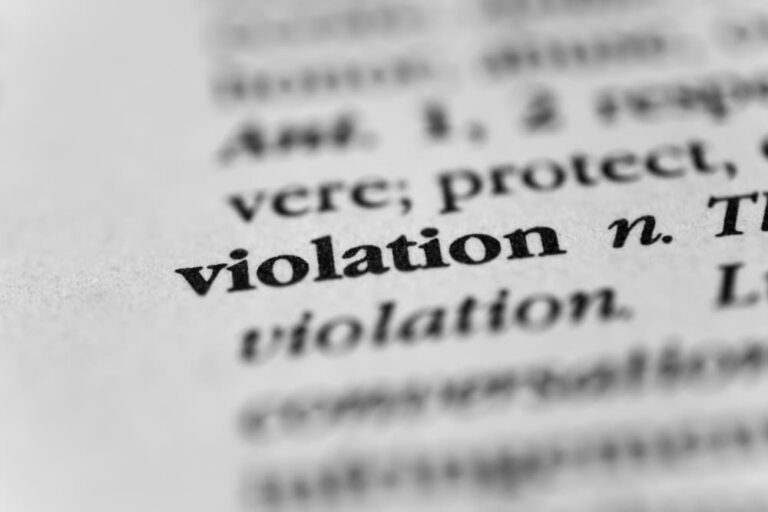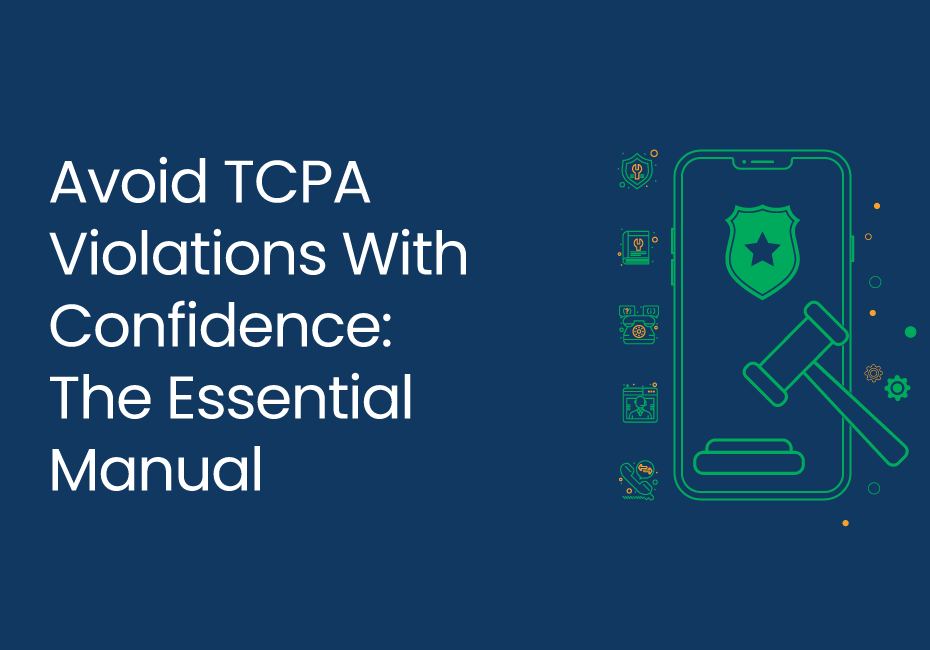Unitedhealthcare To Pay $2.5m For Alleged Tcpa Violations

Imagine your phone buzzing, an unfamiliar number flashing across the screen. It's an automated message, seemingly from your health insurance provider, offering wellness tips or reminding you about an upcoming appointment. Now, imagine receiving those calls repeatedly, even after asking them to stop. For many UnitedHealthcare customers, this scenario wasn't just hypothetical; it was a daily reality, and now, it's costing the insurance giant.
UnitedHealthcare has agreed to a $2.5 million settlement to resolve allegations that it violated the Telephone Consumer Protection Act (TCPA) by making unsolicited calls to consumers without their consent. This settlement shines a spotlight on the ongoing battle against unwanted robocalls and the importance of consumer protection laws.
The Case Against UnitedHealthcare
The core of the issue lies in the TCPA, a federal law enacted in 1991 to protect consumers from unwanted telemarketing calls and texts. The TCPA requires businesses to obtain prior express consent before making automated calls or sending text messages to consumers. This is particularly important when those messages are being sent to cell phones.
The lawsuit against UnitedHealthcare alleged that the company made numerous unsolicited calls to consumers, many of whom were not even UnitedHealthcare customers, without obtaining the necessary consent. Some recipients had specifically requested to be removed from the call list, only to continue receiving the automated messages. This repeated disregard for consumer preferences formed the backbone of the legal challenge.
Plaintiffs in the case argued that these calls were not only a nuisance, but also an invasion of privacy. The TCPA recognizes the significant disruption and frustration caused by unwanted automated communication, particularly when it targets personal devices like cell phones. The allegations against UnitedHealthcare painted a picture of a company prioritizing its outreach efforts over respecting consumer boundaries and legal obligations.
What the Settlement Entails
Under the terms of the $2.5 million settlement, UnitedHealthcare will compensate individuals who received unsolicited calls in violation of the TCPA. The exact amount each individual receives will depend on the number of valid claims filed.
Beyond the monetary compensation, the settlement includes provisions aimed at preventing future TCPA violations. UnitedHealthcare has committed to reviewing and updating its telemarketing practices to ensure compliance with the law. This includes implementing more robust procedures for obtaining consent and honoring opt-out requests.
The settlement requires UnitedHealthcare to enhance its internal training programs for employees involved in telemarketing and customer outreach. This training will focus on educating employees about the requirements of the TCPA and the importance of respecting consumer preferences.
The Significance of TCPA Enforcement
The TCPA is a crucial piece of legislation designed to empower consumers and protect them from intrusive marketing practices. Cases like this one involving UnitedHealthcare highlight the importance of vigorous enforcement of these laws.
Without strict enforcement, companies might be tempted to cut corners and prioritize aggressive marketing tactics over compliance, leading to a barrage of unwanted calls and texts for consumers. These settlements act as a deterrent, sending a clear message to businesses that violating the TCPA will have significant financial consequences.
Enforcement actions also raise public awareness about the TCPA, educating consumers about their rights and empowering them to take action against companies that engage in illegal telemarketing practices. Knowing that there are legal avenues to pursue can give consumers a greater sense of control over their personal information and communication channels.
The Broader Landscape of Robocalls
The UnitedHealthcare case is just one example of the ongoing efforts to combat the pervasive problem of robocalls. In recent years, there has been a surge in automated calls, many of which are scams or attempts to collect personal information.
The Federal Communications Commission (FCC) has been actively working to address this issue, implementing new rules and regulations to make it easier for phone companies to block unwanted calls. These efforts include empowering phone companies to use call-blocking technologies and requiring them to implement caller ID authentication standards to help prevent spoofing.
Despite these efforts, the fight against robocalls is far from over. As technology evolves, so do the tactics used by those who engage in illegal telemarketing practices. Continued vigilance and proactive enforcement are essential to protect consumers from this ongoing threat.
What Consumers Can Do
While legal actions and regulatory efforts play a crucial role in combating robocalls, individual consumers also have a responsibility to protect themselves. There are several steps individuals can take to minimize their exposure to unwanted calls and texts.
One of the most effective strategies is to register your phone number on the National Do Not Call Registry. While this registry won't eliminate all robocalls, it can significantly reduce the number of legitimate telemarketing calls you receive.
Another important step is to be cautious about sharing your phone number. Avoid providing your number on online forms unless absolutely necessary, and be wary of entering your number in contests or promotions. You can also utilize call-blocking apps or features offered by your phone carrier to screen and block unwanted calls.
Looking Ahead
The $2.5 million settlement involving UnitedHealthcare serves as a reminder of the importance of consumer protection laws and the ongoing battle against unwanted robocalls. While this settlement provides some relief for those affected, it also underscores the need for continued vigilance and proactive measures to protect consumers from intrusive and illegal telemarketing practices.
The hope is that this case will encourage other companies to prioritize compliance with the TCPA and respect consumer preferences. By upholding the principles of consent and privacy, businesses can build stronger relationships with their customers and contribute to a more trustworthy and consumer-friendly marketplace. The future of consumer communication hinges on a delicate balance between innovation and respect for individual boundaries, and cases like this help to ensure that balance is maintained.
Perhaps this settlement will inspire a future where the ping of a call isn't met with suspicion, but instead with the assurance of a wanted and welcome connection.
.webp)


.webp)








.webp)





